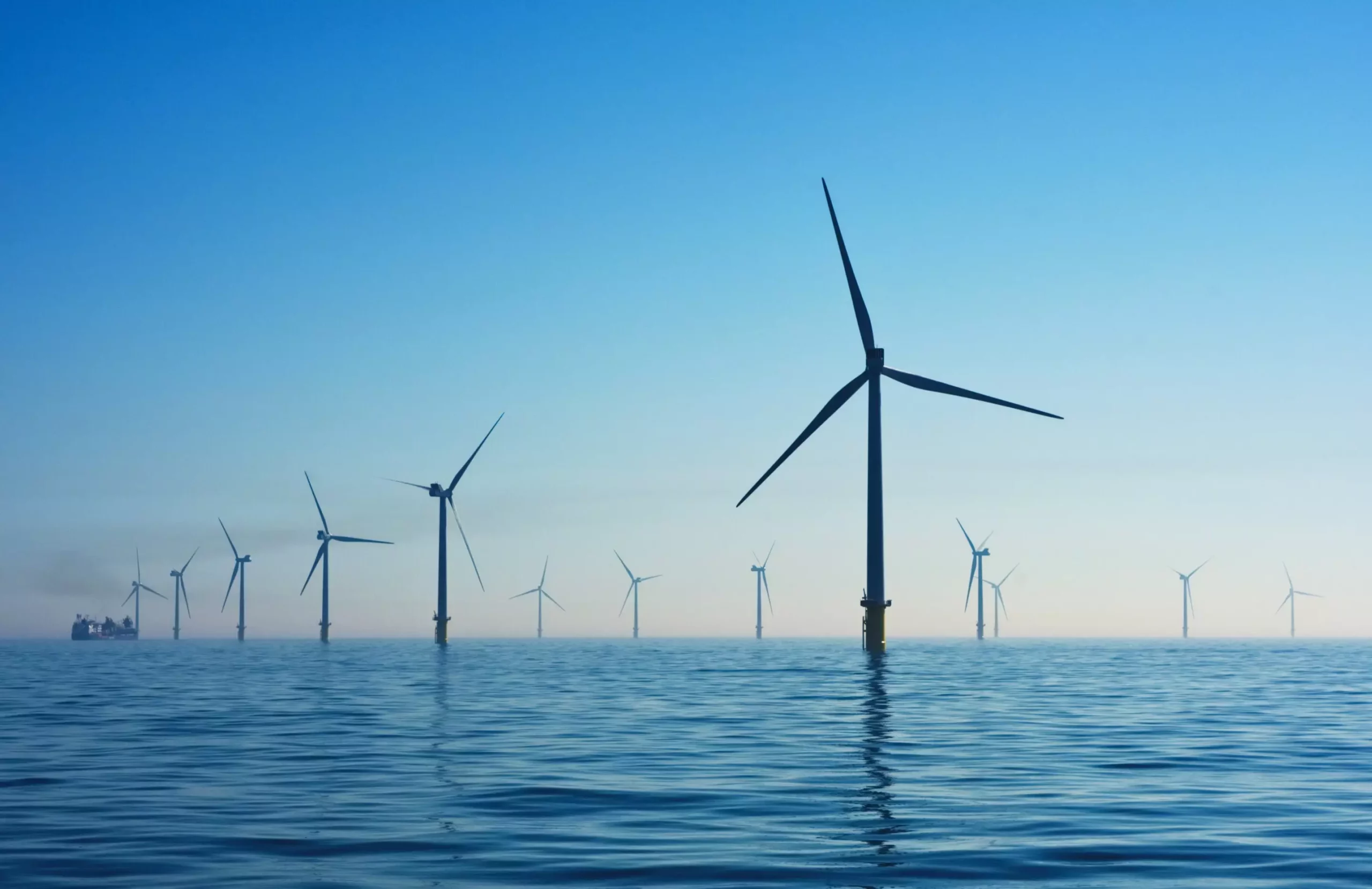Nantucket Island, known for its picturesque landscapes and historical charm, finds itself in the crosshairs of a contentious debate surrounding offshore wind energy. Residents, organized under the banner of a nonpartisan group known as ACK For Whales, have taken bold steps to challenge federal decisions that prioritize renewable energy projects over environmental considerations. Their urgent petition to the Supreme Court questions the legality of expedited approvals for offshore wind projects, arguing that such measures neglect crucial ecological impacts, particularly concerning endangered species like the North Atlantic right whale.
The community’s unrest heightened after a notable incident involving a Vineyard Wind turbine blade failure in July, which underscored potential dangers associated with offshore wind projects. This event served as a wake-up call for Nantucket residents, prompting concerns about construction practices that might endanger marine life. The legal battles stem from earlier court rulings that sided with federal agencies approving the construction of a significant 62-turbine, 806-megawatt wind farm without recognizing the potential harm brought to the local ecosystem.
At the center of ACK For Whales’ argument lies the Endangered Species Act (ESA), which mandates that federal agencies must utilize “the best available scientific and commercial data” when making decisions related to species at risk of extinction. The group contends that the U.S. First Circuit Court of Appeals misinterpreted this requirement by allowing federal agencies, such as the National Marine Fisheries Services, to bypass essential ecological assessments. The failure to adequately consider the ramifications for the North Atlantic right whale illustrates a significant oversight, prompting the community to seek judicial intervention.
In their recent petition to the Supreme Court, ACK For Whales articulated their dissatisfaction with the lower court’s ruling and emphasized the immediate need for a more detailed evaluation of offshore wind developments. The organization’s president, Vallorie Oliver, highlighted the juxtaposition between ambitious renewable energy goals and the grave risks posed to endangered species. By drawing attention to the repercussions of hastily approved projects and the consequential harm to marine ecosystems, the petition stands as a clarion call for accountability in the decision-making processes governing offshore energy initiatives.
Contrasting ACK For Whales’ position, representatives from federal agencies such as the Department of the Interior have downplayed community concerns regarding the North Atlantic right whale, suggesting that local fishermen and residents have minimal interest in preserving marine life. This perspective raises questions about the motivations behind rapid offshore wind development policies and adds a layer of complexity to the ongoing debate. The dismissal of ACK For Whales’ lawsuit by the First Circuit, largely based on deference to the federal agencies’ interpretations of the ESA, showcases a potential rift between government agendas and grassroots environmental advocacy.
Undoubtedly, the Supreme Court’s decision to hear ACK For Whales’ case could have far-reaching consequences not only for the future of offshore wind projects in Nantucket but for renewable energy initiatives across the United States. The significance of the recent Loper Bright decision, which affirmed the judiciary’s role in interpreting statutes over administrative agency determinations, may empower the community’s legal challenge. As ACK For Whales advocates for a moratorium on offshore wind developments until a comprehensive evaluation of environmental impacts takes place, their case epitomizes a broader struggle for local communities seeking to balance ecological preservation with the transition toward sustainable energy.
The debate surrounding offshore wind energy in Nantucket manifests a critical junction between advancing renewable energy sources and safeguarding the environment. As ACK For Whales presses on with their Supreme Court petition, the outcome will likely set a precedent affecting not only local interests but also the future relationship between community needs and federal energy policies. Whether the balance can be restored between ecological sensitivity and the urgent demand for green energy remains to be seen, but the voices of those advocating for the protection of endangered species will undoubtedly continue to resonate in this discourse.


Leave a Reply